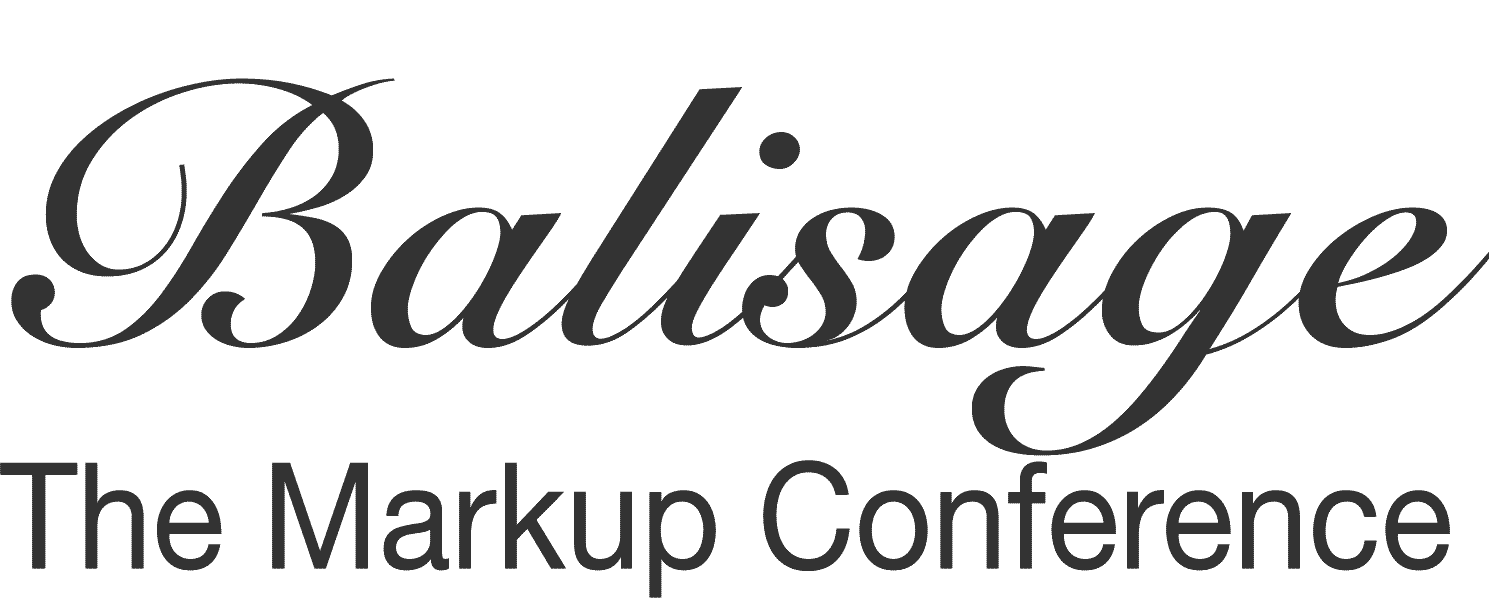from Michael Kay
In the course of my fifty-year professional career, I think I can be fortunate to count ten or so individuals who have been my guiding lights: people whom I would aspire to emulate, save that their intellect and achievements were entirely beyond my reach. Some were my teachers at Cambridge; one mentored my entry into the world of database standards; two of them designed visionary mainframe operating systems; one led an international scientific research establishment. And the other was Michael.
These men (sadly, they were all men) had something in common. They were great teachers, of course, and great leaders, and great achievers, and they all wrote with elegance, wit, and precision, but above all, they were great learners, and it was great learning that made them great. They all exuded humility, for a learned man is always conscious of how many books he has not read, and presents what he does know with the awareness that he is only skimming the surface. And they all suffered fools like me gladly, because great men (in the tradition of Socrates) increase their wisdom by drawing insights from lesser mortals.
But what makes Michael stand out from these other giants was the sheer breadth of his learning. It wasn't the case that he dabbled in many fields: rather, he mastered them From linguistics to literature, mathematics to philosophy to computer science, his knowledge shone forth. And his intellectual curiosity extended well beyond these subjects: when you met him at a standards meeting anywhere in the world, he would be able to tell you something of the history, geography, and language of the place, as well as knowing where to buy a tram ticket (indeed, he was one of the few Americans I have known who would even think of buying a tram ticket).
Michael was always the perfect moderator at a standards meeting. He understood and respected all the arguments put forward; he was objective, analytic, but also considerate in weighing them against each other. He knew instinctively whether it was best to make a decision now, or to sleep on it and come back to it later. I don't think I can ever remember a time where he was the chief protagonist for one position against another, or when he treated a line of argument with the comtempt that it possibly deserved. Instead, he was the person who could see all sides of the question, and find the compromise that everyone would be happy with.
His untimely death will leave an emormous gap.
